Search
Search Results
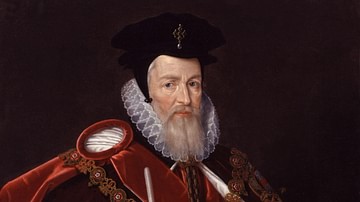
Definition
William Cecil, Lord Burghley
William Cecil, 1st Baron Burghley (1520-1598 CE) was Elizabeth I of England's most important minister for much of her reign (1558-1603 CE). Lord Burghley was Secretary of State for both Edward VI of England (r. 1547-1553 CE) and Elizabeth...
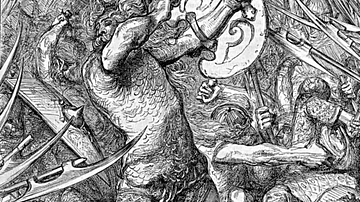
Article
William the Conqueror & the Ely Rebellion
By early 1070 CE William I (r. 1066-1087 CE) had almost completed the Norman conquest of England. There remained threats from the border regions with Wales and Scotland but the north of England had finally be subdued by the ruthless harrying...

Definition
William Still - Father of the Underground Railroad
William Still (1819-1902) was an African American abolitionist known as the "Father of the Underground Railroad" for his efforts in helping to free between 600 to 800 people from slavery. Born the son of formerly enslaved parents, Still devoted...
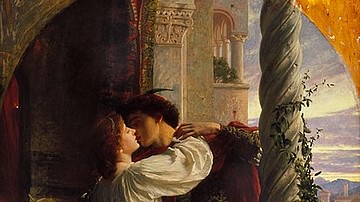
Definition
Romeo and Juliet - Shakespeare's Greatest Love Story
Romeo and Juliet is a romantic tragedy written by William Shakespeare. First printed in 1597, it remains one of the most famous works of Western literature and – alongside Hamlet – is one of Shakespeare's most oft-performed plays. The play...

Definition
William Wallace
Sir William Wallace (c. 1270-1305) was a Scottish knight and national hero who fought for his country's independence from England. Wallace famously led the Scots to victory against a larger English army at the Battle of Stirling Bridge in...

Article
William "Box" Peel Jones' Escape From Slavery - Primary Narrative and Frederick Douglass' Complaint
William "Box" Peel Jones was an enslaved African American who, in 1859, was shipped in a box from an unknown location to the home of the abolitionist William Still (1819-1902) in Philadelphia and then traveled on, with assistance from the...

Definition
Christopher Marlowe - Poet, Playwright, Spy
Christopher Marlowe (1564-1593), or Kit Marlowe, was a poet and playwright of the English Renaissance who wrote during the Elizabethan Era (1558-1603). His mastery of the blank verse – unrhymed iambic pentameter – transformed the way plays...
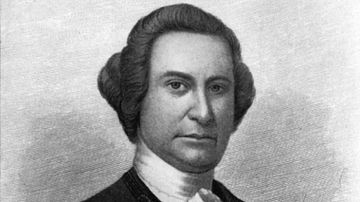
Definition
Sir William Johnson
Sir William Johnson, 1st Baronet (l. c.1715-1774) was a British military officer, diplomat, and Superintendent of Indian Affairs. He was instrumental in aligning the Native Americans of New York with the British during the French and Indian...

Definition
William Bradford
William Bradford (l. 1590-1657 CE) was one of the leading members of the congregation of pilgrims who came to North America aboard the Mayflower, a signer of the Mayflower Compact, and the second governor of the Plymouth Colony after the...
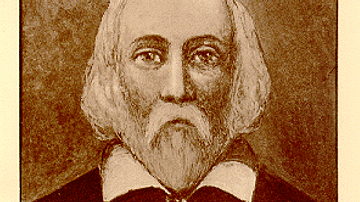
Definition
William Brewster
William Brewster (l. 1568-1644 CE) was an elder of the Leiden congregation of separatists (later known as pilgrims) and their spiritual leader while onboard the Mayflower and later after the establishment of the Plymouth Colony. The pastor...